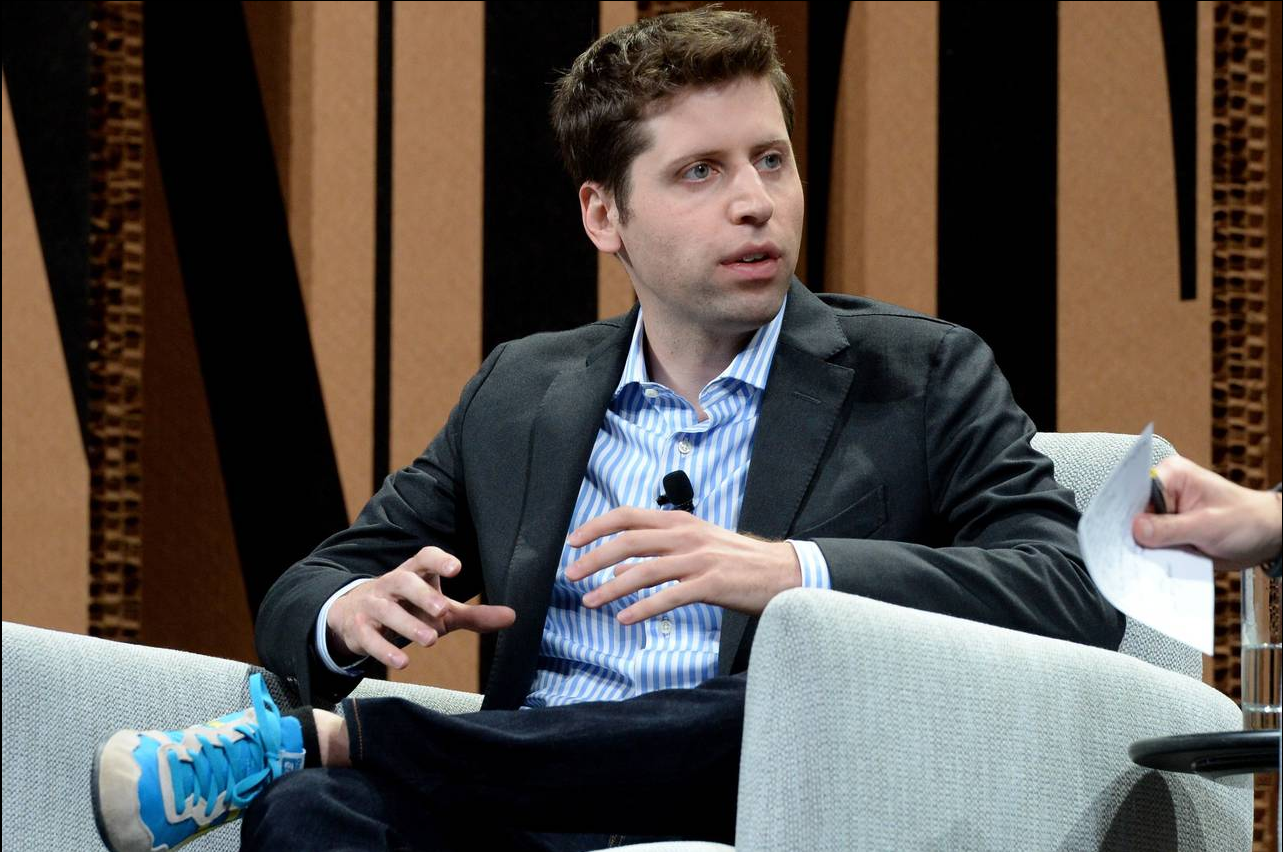Big Future Y Combinator

Recently, in venture circles, a lot has been said about “signal risk” and seed investment. The bottom line is this: if at the early stages of a startup, its investors were large venture capital firms, who later refused to participate in the next round of financing, the company would have difficulty finding a decent offer for Round A.
Although this problem is not new, data published by CB Insights show that it is worth referring again. CB Insights reports that 35% of all companies that received seed investments reach the round A. Companies that have a respected venture capital fund among their early investors receive serious money with a probability of 51% (this is on condition that the fund participates in the round).
')
That was good news. And the bad thing is this: if the venture institute decides not to participate in financing a startup in round A, the company's chances of closing the round fall to 27%.
All of this reminded us of Y Combinator, a famous startup accelerator, and his plans for the future. He sows investments on a large scale to get a share in startups and doesn’t worry about signal risk: no one expects Y Combinator to invest in subsequent rounds. It turns out that the combinator is looking for promising companies and passes them into the hands of investors interested in rounds A, B and C.
However, it was recently rumored that Y Combinator plans to start investing in companies that are at the growth stage. Probably, Y Combinator is simply forced to do this - it became too hard for the accelerator to support such a large organization without owning shares in successful projects such as Airbnb (the company is estimated at $ 24 billion) and Twitch, which bought Amazon last year (for $ 970 million) .

Pictured: Sam Altman
Photographer: Michael Kovac (Michael Kovac)
Sam Altman recently told a company blog that Ali Rowghani joined YC as a regular partner and quickly became a trusted advisor to many of the growing accelerator companies. In the same place, he said that Ali would manage the “newly created” YC Continuity foundation.
“This fund will allow us to support companies after their release from YC,” says Sam Altman. “First, we will finance all YC companies in each round, estimated at less than $ 300 million. We believe that in the past, only the best companies were selected, therefore we want to support them in the future.”
“Secondly,” Altman continues, “we are ready to consider our participation in the later rounds of funding.” We may, in some cases, become part of the board. I hope that we were good investors and mentors for young startups, and I hope that we will be able to become worthy partners for already established companies. In addition, we know that there are several companies that are worth supporting, but for some reason other investors do not pay attention to them. ”
There is an opinion that not everything is so rosy here. If the accelerator seriously intends to invest in growing companies, it will have to compete with other investors and interrupt competitive offers. It may happen that investors with whom Y Combinator had friendly relations would not manifest themselves in the most friendly way in the fight for the deal.
Sam Altman answers the following: “I would like to clarify. We definitely will not invest money in companies that are not in our portfolio. We do not want to undermine the activities of other venture capitalists - we know that their activities are very important for the ecosystem. This would not only create serious signaling risks for companies that we did not invest in, but also deprive them of their valuable advisers. ”
Investing in companies that are in the later stages requires a slightly different set of skills that the accelerator does not yet have (since he never went beyond the limits of seed investment). Without a doubt, Y Combinator will find partners with experience in late stage transactions.

Photo: Michael Bloomberg - European Press Photo Agency (EPA)
Speaking of partners, when Y Combinator last year changed the investment regulation, two major investors joined the project, ready to invest in each accelerator company.
The Stanford University Foundation and Willett Advisors LLC, the foundation that manages the investment of Michael Bloomberg, will collectively invest $ 100,000 in each startup ending YC. Not so long ago, the YC Continuity Foundation has already made the first investment - $ 30 million for Checkr, a service that simplifies the verification of employee data (It is widely used in companies based on a shared economy).
We admire how Y Combinator has changed in the past 17 months under the guidance of Sam Altman. Altman (YC graduate himself) began to lead the Y Combinator in early 2014. He managed to expand the program to more than a hundred companies a year and attract a dozen consultants, both permanent and invited.
We have no doubt that Y Combinator will still show the class, but we hope that the accelerator will not forget about its main mission - to help start-up companies find out in which direction they want to move. But for now, everything seems to be going great.
Announcement:

Source: https://habr.com/ru/post/296570/
All Articles